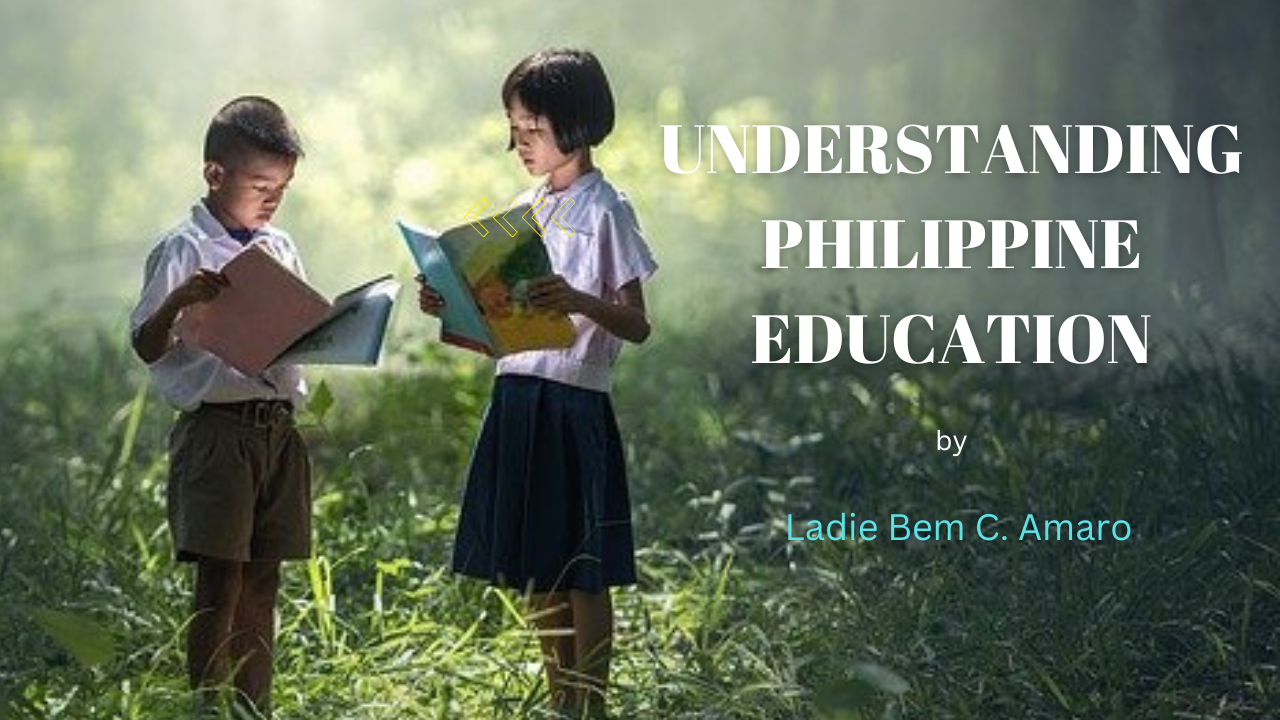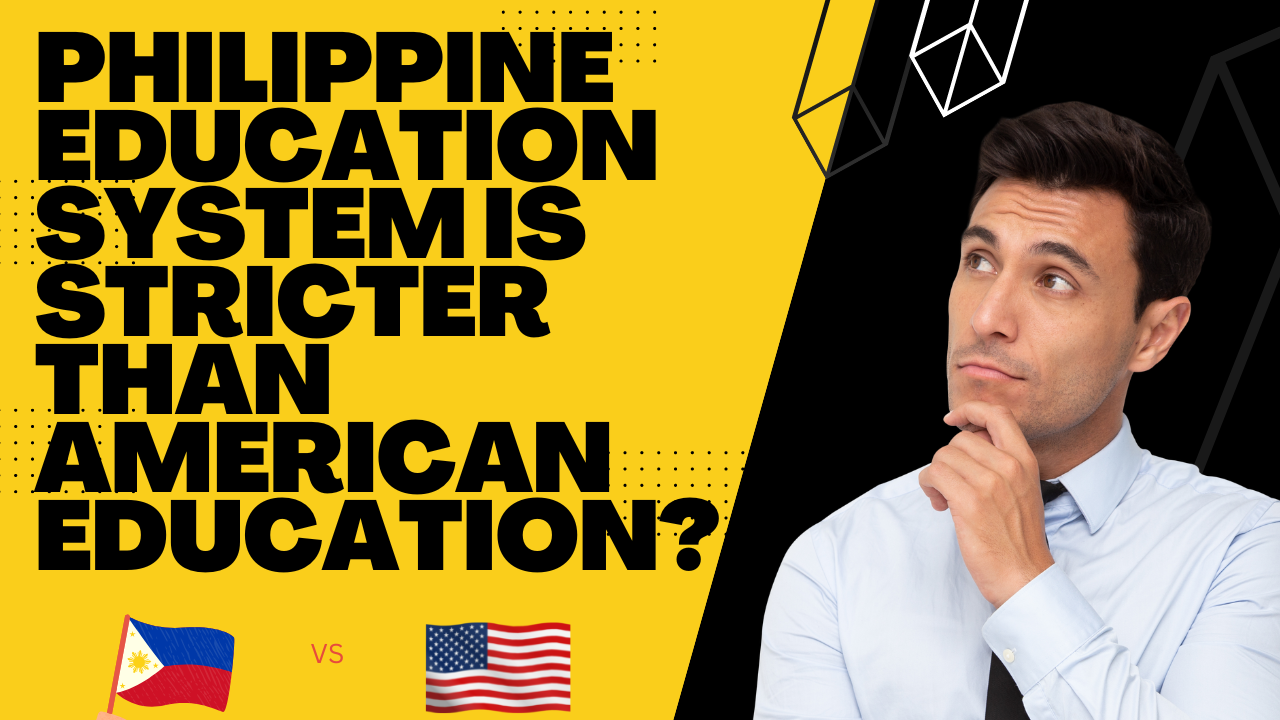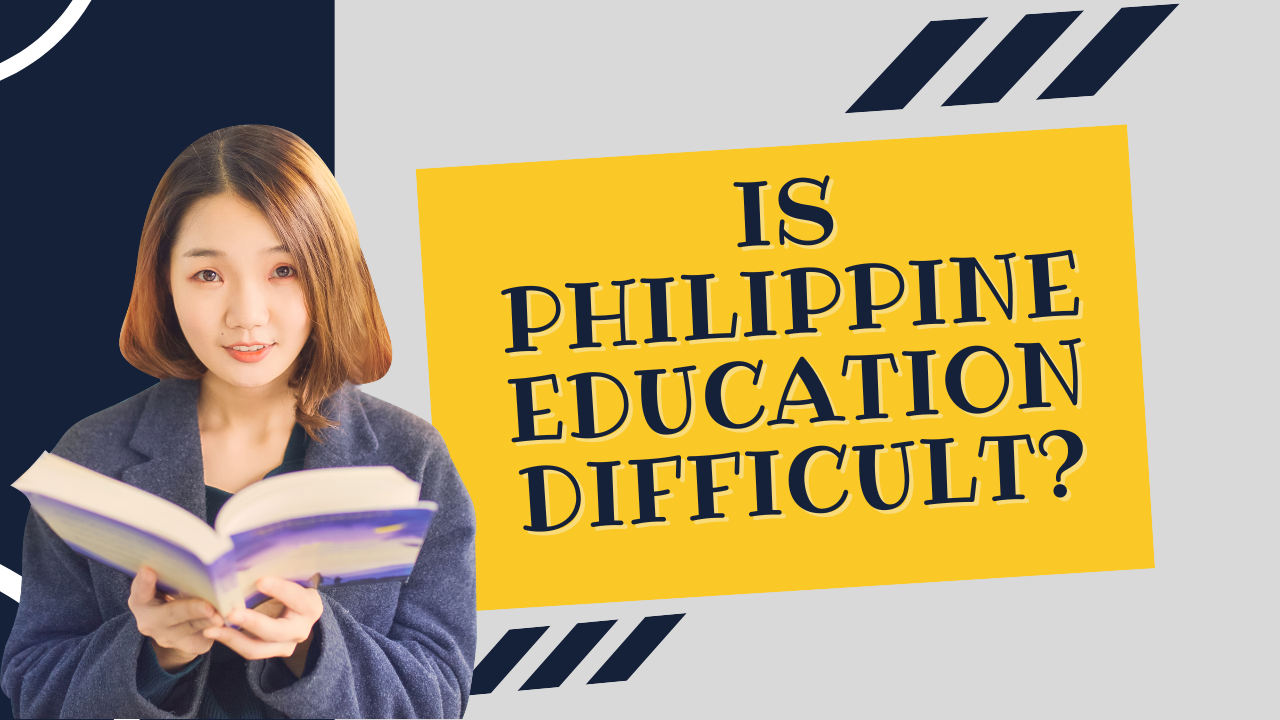Understanding Philippine Education

Philippine Education is unique compared to other country, because it's founded on a strong and growing tradition of community-based learning.
The Philippines has always been a home for immigrants, people who have come from all over the world. This diversity is reflected in our educational system, which has been shaped by the needs of these communities and their leaders. We've seen how important it is for these communities to be able to learn about their own histories and share those stories with each other, so that they can tell them together.
In recent years, we've also seen a growing recognition of the importance of community-based learning in our schools. As a country that has been shaped by migration, we understand how important it is for students to learn from one another—and not just from one teacher or textbook. To that end, we are proud to offer programs like Community Learning Centers (CLCs) where students learn alongside their peers from different backgrounds and cultures, helping them develop connections across communities and countries through shared experiences and learning opportunities.
Our education system is unique because it's rooted in Filipino culture and traditions while also taking into account the needs of learners around the world today.
The education system in the Philippines is unique compared to other countries. Its main features include:
1. The Filipino education system is based on the American colonial model. It has its roots in the Spanish and American colonial period, specifically in the educational systems of the USA and Spain.
2. The Philippines' education system is focused on building a nation-state, not a country. This means that it is focused on preparing students for citizenship and not just learning skills for economic growth or social mobility.
3. The Filipino education system has been criticized for being too centralized, with power concentrated in the hands of a few people at the top of government institutions like universities and schools.
The Philippine education system is unique compared to other country's education systems. The Philippines has a system that is divided into three levels: primary, secondary and tertiary. It is considered as one of the countries that has a very strong school system. The government believes that it will be able to develop the nation's economy through its educational standards.

